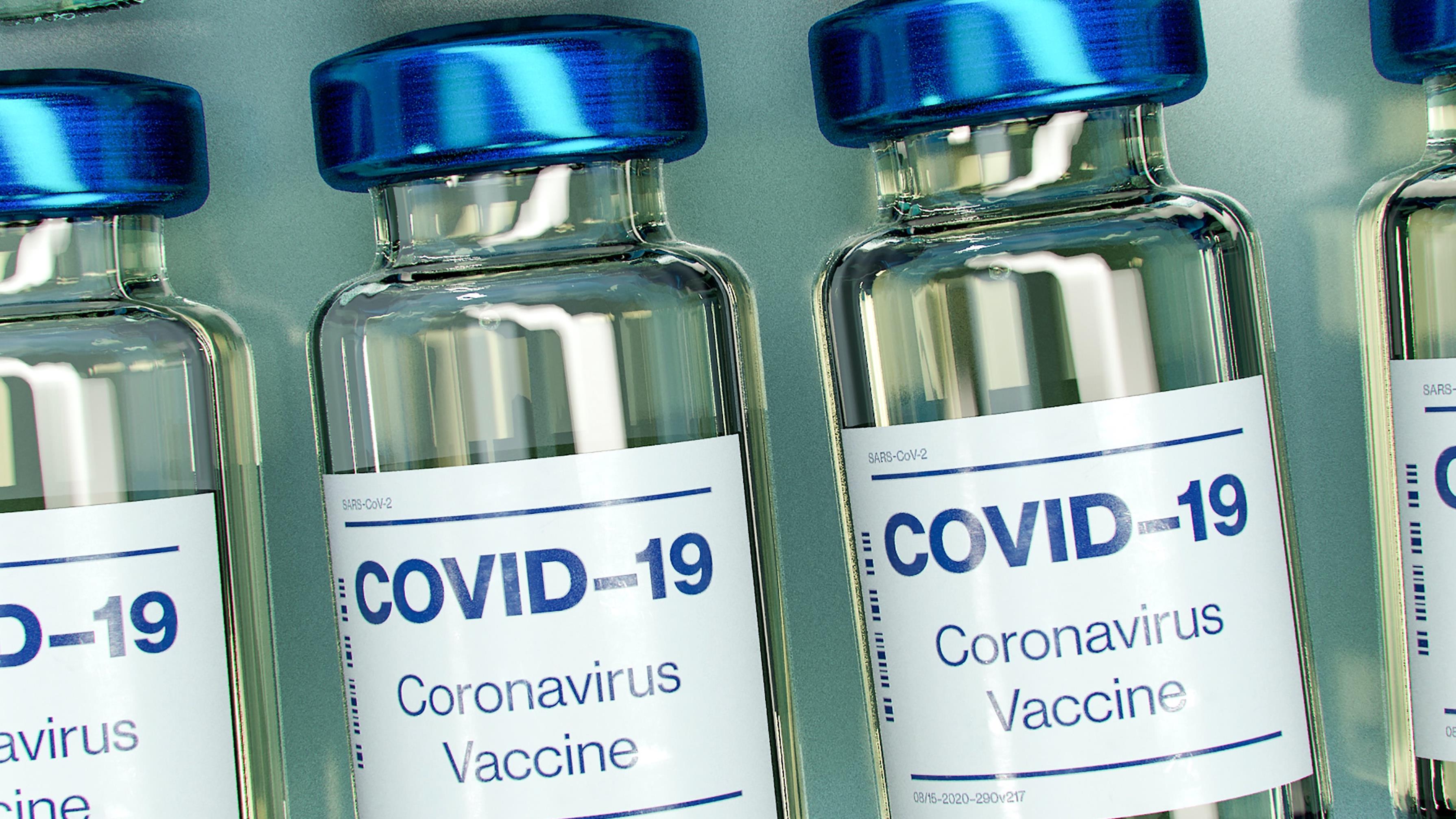

The number of Covid-19 cases in the Middle East and North Africa (Mena) region crossed 6,798,949 on 5 April, according to Worldometers data collated by MEED.
Countries in the GCC account for 23.5 per cent (1,598,537) of all regional infections, while Iran’s confirmed 1,945,964 cases make up 28.6 per cent of the Mena total.

Since 22 March, 499,050 new Covid-19 cases have been detected in 17 Mena countries tracked by MEED.
Some GCC countries are continuing to resume certain socioeconomic activities, while some parts of the region are grappling with new spikes in case numbers.
GCC Covid-19 update
Saudi Arabia said last week it would allow people who have been vaccinated against Covid-19 to attend sporting events at stadiums at a capacity of 40 per cent from 17 May. Admittance will be allowed for people with ‘immune’ status on the Tawakkalna mobile phone app launched by Saudi authorities last year to help track coronavirus cases.
The kingdom also resumed the operations of the Haramain high speed railway, linking the holy cities of Mecca and Medina, on 31 March, more than a year after services were suspended on 21 March 2020 in response to the coronavirus pandemic.
On 1 April, Saudi Arabia’s Hajj & Umrah Ministry said pilgrims undertaking Umrah during Ramadan would need to be vaccinated against Covid-19. Permits to perform Umrah will be granted to individuals who can demonstrate immunity from the virus, either by being fully vaccinated; by having received one dose at least two weeks prior to arrival; or having recovered from the virus.
Those working in the Hajj and Umrah sectors are required to get vaccinated before the start of Ramadan, and those that are unvaccinated must take the Covid-19 test every week to validate their negative status. The announcements came after Saudi Arabia expanded its vaccination programme last month to include all individuals aged 16 and above.

In the UAE, plans were announced on 28 March for the production of Hayat-Vax, a vaccine that will be manufactured by a newly created joint venture (JV) between Abu Dhabi’s G42 and China’s Sinopharm CNBG. The vaccine is being produced at Gulf Pharmaceutical Industries' (Julphar) main manufacturing facility in Ras al-Khaimah.
A new manufacturing plant in Khalifa Industrial Zone Abu Dhabi (Kizad) is also being developed, and is expected to commence operations this year. Once its phased development is completed, it is expected to have a production capacity of 200 million doses a year across three filling lines and five automated packaging lines.
The JV, meanwhile, is already producing Hayat-Vax with Julphar at an initial capacity of 2 million doses a month.
Covid-19 restrictions in the GCC
The vaccine production and expansion plans come as parts of the GCC continue to face new challenges linked to the virus.
Kuwait's month-long evening lockdown has been extended by two weeks to 22 April. During Ramadan, expected to begin in mid-April, members of the public will be allowed to exercise outdoors between 7pm and 10pm, and deliveries from restaurants, cafés and food stores will be allowed between 7pm and 3am.
In Qatar, meanwhile, the cabinet has ordered a halt on non-urgent medical services at private health facilities from 2 April, according to media reports. The move followed a tightening of measures in Qatar, including the closure of leisure centres and a further reduction of operating capacity at shopping malls and cinemas.


Additionally, Oman’s supreme committee to manage the Covid-19 pandemic has halved the capacity of the country’s administrative offices and those of other public sector legal entities. From 4 April, employees that do not attend their respective workplaces must continue to work remotely until further notice. In-person attendance for schools has also been suspended for all students except those in grade 12.
Oman received its first batch of the Oxford-AstraZeneca vaccine earlier this week through the International Vaccine Federation.
Mena Covid-19 update
A new wave of Covid-19 is under way in Iran, according to President Hassan Rouhani.
On 1 April, Rouhani said the fourth wave, prevalent in two Iranian provinces, would spread if people in other provinces do not comply with health regulations.
Iran expects to commence the domestic production of Russia’s Sputnik-V vaccine this month. Tehran approved the Russian jab in January and is said to have received more than 400,000 of the 2 million doses ordered.
Late last month, Egypt also received 854,400 doses of Oxford-AstraZeneca’s Covid-19 vaccine as part of the global Covax agreement. The shipment is said to be part of 40 million doses that Cairo is expected to receive through the Gavi alliance.
Jordan too is understood to have received a batch of Sinopharm Covid-19 vaccines purchased from China.
In Lebanon, the Higher Education and Public Health Ministries have reportedly started administering Covid-19 vaccines to teachers of the Lebanese Baccalaureate programme (Grade 12), in both state and private schools.
Another regional country to have received Covid-19 vaccines recently is Libya. More than 100,000 doses of Sputnik-V are said to have arrived at Tripoli’s Mitiga airport on 4 April, marking Libya’s first shipment of a coronavirus jab. Interim Prime Minister Abdulhamid Dbeibeh has described the shipment as the “first drop of rain”.
The first batch of Covid-19 vaccines has also made its way to Yemen. The AstraZeneca vaccines sent to Yemen were manufactured by the Serum Institute of India and are the first batch of 1.9 million doses the country will initially receive throughout the year. The UN said 13,000 safety boxes and 1.3 million syringes had also been shipped.
You might also like...

Aramco extends Karan field bid deadline
24 April 2024

Muscat appoints expressway consultant
24 April 2024

Dubai activates business as usual
24 April 2024

No extension for Dubai sewer tunnel prequalification
24 April 2024
A MEED Subscription...
Subscribe or upgrade your current MEED.com package to support your strategic planning with the MENA region’s best source of business information. Proceed to our online shop below to find out more about the features in each package.




